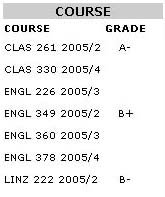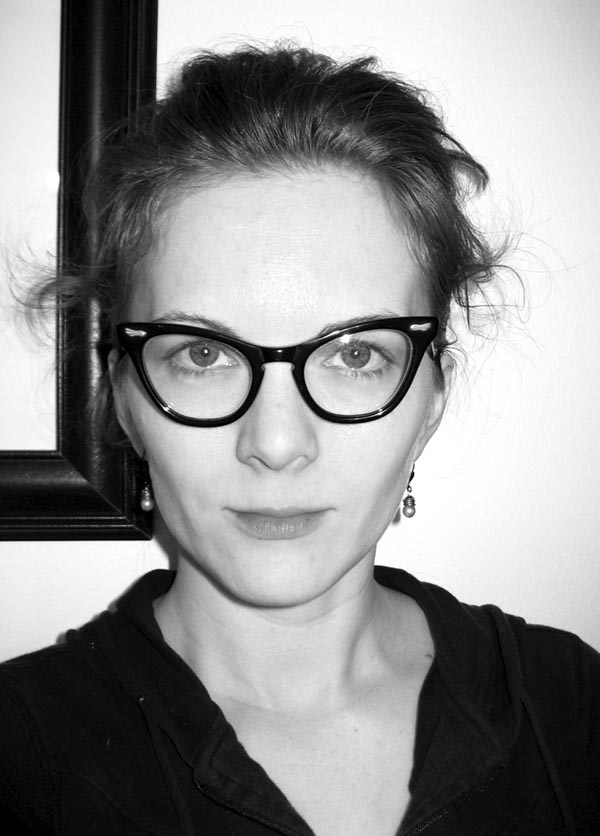waves, autumn 1975
Waves was apparently a York U. "Tri-Annual", with folks such as Louis Dudek, Purdy, and Gustafson on the booklet's Advisory Board. I like to pick up old collections like this to see what -lies/lies are- inside. Something I found particularly interesting was a review of "Horse d'Oeuvres" from the Four Horsemen (link opens as a sound file--in fact, you should visit the whole page from PennSound). I've decided the review is charming enough to detail in its entirety:
"Both in performance and on LP, the Four Horsemen seem to be attempting the revival of the spirit of Pentecost. It is difficult to be neutral about their displays. But in another communal enterprise, the collection "Horse d'Oeuvres," they emerge as people of what can only be called geniality - a trait absent from most writers until they're 97 and soaked with booze. What artsy pretending is in the book lies mostly in the titles, and every so often in poems devoted to the Grand Affirmation of Love: what's left on the culte de Molly Bloom, to coin a phrase. In short, these poems, without being "nice" or sodden, are very likeable. Beyond that, there is little enough to say about individual pieces; one notes that bp Nichol is apparently the chief theoretician of the group, and also the funniest of them in his work. Something like the following won't make Nichol coequal with Noam Chomsky -
language
is merely
memory
mere
memos re
language
- but equally it isn't anything to task him with. And his playlet "the brown book", together with the prose-work "some descriptions of her," are worth the price of the book.
No, that's unfair: the whole book is worth its modest fee, not merely for what it is, but for what it could portend. A run on this collection would provide the Horsemen with what Pound once called the "poultice of money"; and it just might convince PaperJacks to issue other collections, or even individual poets, in a like format. With most paperback books of poetry going for five and six dollars, and with a real and documented audience out there for the stuff, there might be a minor revolution in selling such bargains. At least the game is worth trying, on the grounds of what one political philosopher once said were the only two positions open to the inquiring individual, Why not? and Can't hurt. So there it is: Can't hurt. Why not?" Kenneth Gibson.
Question, what the hell is the "culte de Molly Bloom"? I played her once during an impromptu acting-drunk at the Irish embassy in Ottawa, but hell if I know what it means. But she's pretty fiesty, and I bet that's enough to incite a cult following. I can imagine, as Pound goes on all marshmallowy about Joyce, that Miss Molly could have erected men's, ahem, hearts. Who knows.
I like this reviewers questions at the end of the piece. Supposing we only have two positions of inquiry, would they really be Why not and Can't hurt? Well, I guess it can't hurt.
Is the "poultice of money" similar to the poultry of appetence? Nah. Poultices of cash. What a silly image.
Love that there exists a "documented audience" for poetry.
And why do I keep having dreams of old men, unfamiliar rooms, and delivery trucks?
"Both in performance and on LP, the Four Horsemen seem to be attempting the revival of the spirit of Pentecost. It is difficult to be neutral about their displays. But in another communal enterprise, the collection "Horse d'Oeuvres," they emerge as people of what can only be called geniality - a trait absent from most writers until they're 97 and soaked with booze. What artsy pretending is in the book lies mostly in the titles, and every so often in poems devoted to the Grand Affirmation of Love: what's left on the culte de Molly Bloom, to coin a phrase. In short, these poems, without being "nice" or sodden, are very likeable. Beyond that, there is little enough to say about individual pieces; one notes that bp Nichol is apparently the chief theoretician of the group, and also the funniest of them in his work. Something like the following won't make Nichol coequal with Noam Chomsky -
language
is merely
memory
mere
memos re
language
- but equally it isn't anything to task him with. And his playlet "the brown book", together with the prose-work "some descriptions of her," are worth the price of the book.
No, that's unfair: the whole book is worth its modest fee, not merely for what it is, but for what it could portend. A run on this collection would provide the Horsemen with what Pound once called the "poultice of money"; and it just might convince PaperJacks to issue other collections, or even individual poets, in a like format. With most paperback books of poetry going for five and six dollars, and with a real and documented audience out there for the stuff, there might be a minor revolution in selling such bargains. At least the game is worth trying, on the grounds of what one political philosopher once said were the only two positions open to the inquiring individual, Why not? and Can't hurt. So there it is: Can't hurt. Why not?" Kenneth Gibson.
Question, what the hell is the "culte de Molly Bloom"? I played her once during an impromptu acting-drunk at the Irish embassy in Ottawa, but hell if I know what it means. But she's pretty fiesty, and I bet that's enough to incite a cult following. I can imagine, as Pound goes on all marshmallowy about Joyce, that Miss Molly could have erected men's, ahem, hearts. Who knows.
I like this reviewers questions at the end of the piece. Supposing we only have two positions of inquiry, would they really be Why not and Can't hurt? Well, I guess it can't hurt.
Is the "poultice of money" similar to the poultry of appetence? Nah. Poultices of cash. What a silly image.
Love that there exists a "documented audience" for poetry.
And why do I keep having dreams of old men, unfamiliar rooms, and delivery trucks?



